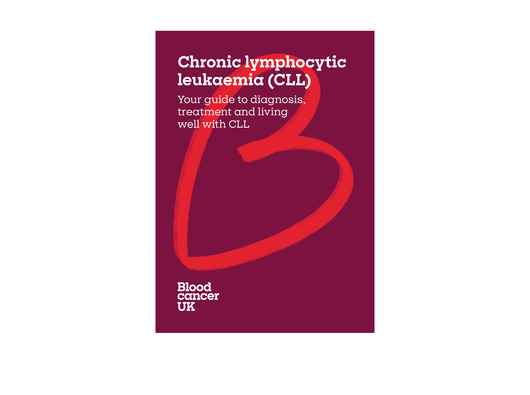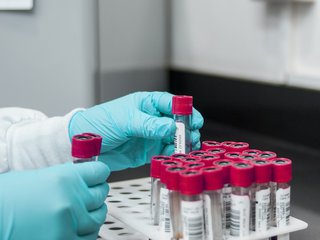First-line and second-line treatments explained
The first treatment you have after being diagnosed with CLL is called first-line treatment. The aim is to reduce the CLL and put you into remission.
If you need another period of treatment later, this is called second-line treatment.
First-line treatment
The aim of first-line treatment is to reduce the number of CLL cells and get control of the disease. This is called being in remission. Once you’re in remission, you may continue with treatment or go back on active monitoring (watch and wait). It depends on the treatment you’ve been having.
We have more information about types of CLL treatments. Your hospital team will discuss the options with you.
Second-line treatment
Most patients respond well to first-line treatment, but CLL can’t be cured and will almost always come back. This is called relapsing.
CLL often relapses slowly, and it may be several years before you need second-line treatment.
If you relapse, your hospital team will consider whether you should have the same treatment again, or a different one. This will depend on:
- how long you’ve been in remission
- how well your first-line treatment worked
- the results of genetic tests
- your overall health and fitness.
The aim of second-line treatment is to get you into remission again.
Your hospital team will explain the options and although they will make recommendations, they will also take your wishes into account.
Don’t be afraid to ask questions, such as how long the treatment will last, what the side effects might be, how often you would need to go to hospital, and how the treatment would be given.
If you need support talk to your hospital team about treatment or anything else, contact our Support Service on 0808 2080 888 or [email protected]. We can’t give you medical advice, but we can support you to make sure your questions are answered, and your wishes heard.
Your guide to CLL
This free booklet covers:
- treatment options
- what to expect from treatment
- side effects
- questions to ask your healthcare team
You can order it for free from our online shop.

What if I relapse again?
If you relapse after a second treatment, you will have treatment again - this will sometimes be called third-line treatment. This may have the same or different from the treatment you’ve had before. There are lots of treatments for CLL and your hospital team will advise you on the options.
"They told me CLL is treatable but not curable. That was a shock at first, but after a while, you take comfort that there are effective treatment options when you need them."
Johanna, living with CLL since 2009
Find out more about current treatments for CLL

Clinical trials
If there is a clinical trial (study) available, your consultant might recommend that you consider this. Clinical trials are done for several reasons, including developing new treatment options and improving existing ones.
Taking part in a clinical trial has many advantages, such as the opportunity to have the newest available treatment which might not be available outside of the trial. You’ll also be very closely monitored and have detailed follow-up. But it does come with uncertainties, and you may prefer not to take part in one.
If you don’t want to be in a trial, or there isn’t a suitable trial available, you’ll be offered the best treatment available at that time for your individual condition.
We have more information about clinical trials. Our clinical trials support service offers personalised support to understand and access suitable clinical trials.

Reapplying the brakes in CLL
Find out about a study looking at a group of proteins that can act as ‘brakes’ on the growth of CLL cells.
